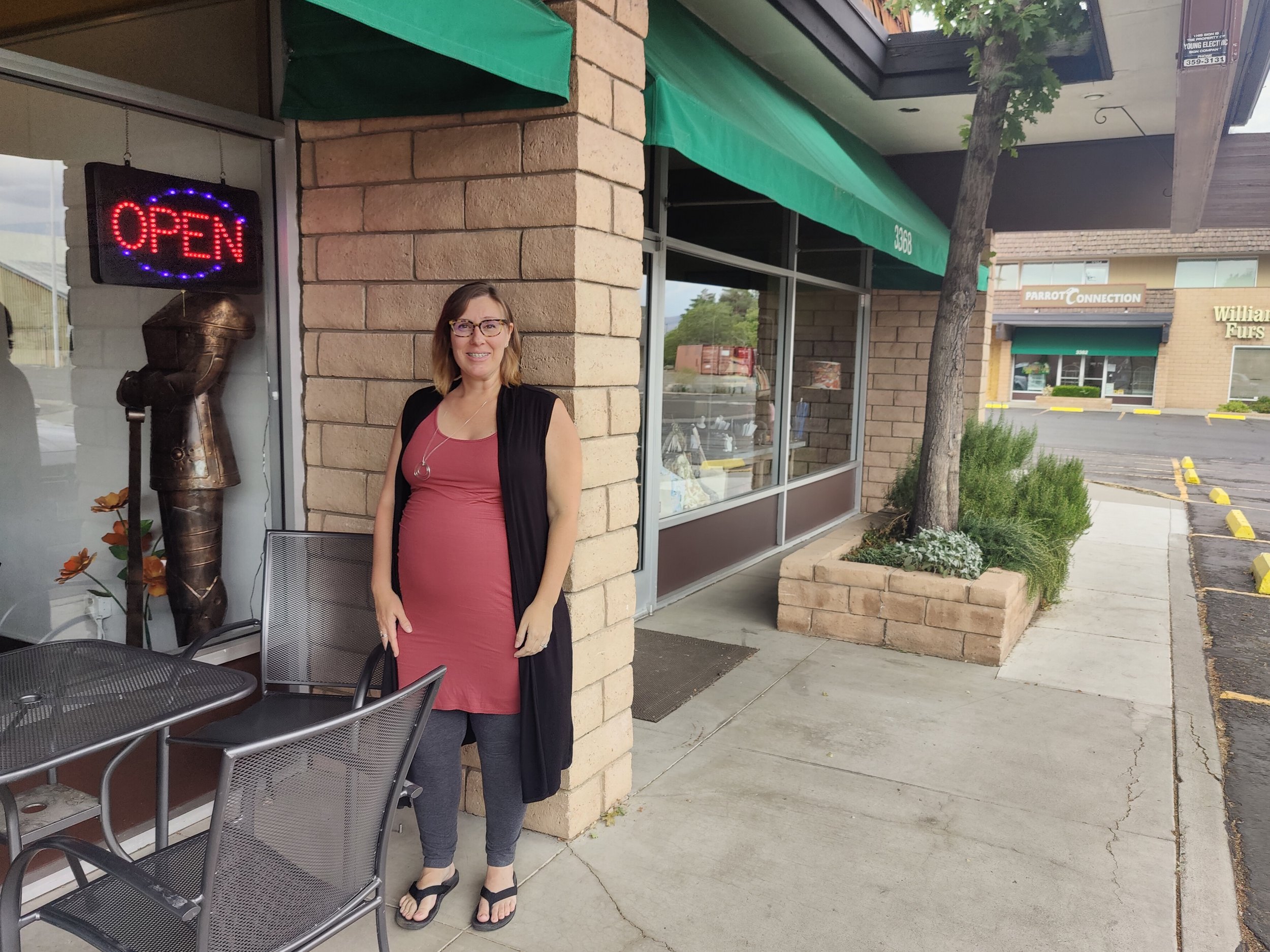According to her LinkedIn, Dewitt-Smith founded the Neighbor Network of Northern Nevada in 2015 for “inclusive, community-based services, volunteer opportunities, and affordable transportation.” She’s also taught a class in gerontology at UNR, and is listed as the co-chair of the Nevada Lifespan Respite Care Coalition.
The Neighbor Network of Northern Nevada, or N4, for short, spans across twelve different counties, from Washoe to Elko, and four different programs. Each of the different programs has a unique goal and aim, from a Time Exchange, where volunteers do chores and other labor to gain “credit” to ask for help from other volunteers in exchange, to a Volunteer Village, that partners with local organizations and connects members to ways to help their community and other volunteer opportunities. The third program, Community Care, helps to support adults with intellectual disabilities, adults with dementia or adults diagnosed with both. The most popular of these four programs, though, is N4’s transportation program.
“We have two in-house service types for our transportation program,” Amy Dewitt-Smith, executive director at N4, explained. “For years now, we've had a contract with Lyft to provide a 50 percent discount on Lyft rides to people with disabilities and older adults. Then we also now have a wheelchair accessible passenger van and give rides in Washoe County to people with disabilities and older adults in that van. That's the program that we have close to 200 participants in, and it's probably because it's our longest standing direct service program.”
N4 provides respite care services, where a trained staff member helps watch over the adult, so the full-time caretaker can get a break. The goal in these programs is to maintain the independence of the adult as much as possible. Dewitt-Smith said that their Community Care program is unique among others for not providing voucher services for care of older or disabled adults.
“We actually hire paid, trained staff to provide the respite care services,” Dewitt-Smith said. “We do give families the option to select who their respite services come from. If they have somebody they're comfortable with, a neighbor, a relative, a family friend or whatever and that person wants to go through our training and come on board, then we will pay that person to do it.”
In other cases, where the family might not have a connection already, N4 will recruit staff members from the community, trying to match the client with someone who’s a good fit. They are currently recruiting Community Care Partners.
N4’s funding primarily comes from grants. The volunteer and time exchange programs only need volunteers, not money, but most of the money for the Transportation Program comes from federal acts and organizations like the Federal Transit Administration. The disability and aging program has gotten some state-level funding, and N4 recently got a grant to help older adults who live with both an intellectual disability and dementia.
“It’s all about providing specialized, direct services, case management and training to families who have a loved one living with dementia,” Dewitt-Smith said. “It also has some focus on people who have a dual diagnosis of intellectual and developmental disability with dementia. It's just all about that caregiver support and helping people get connected with other resources and services. Helping people who are living with dementia live well and stay in their homes for as long as possible and making sure that their natural support network isn't feeling burdened or stressed out.”
